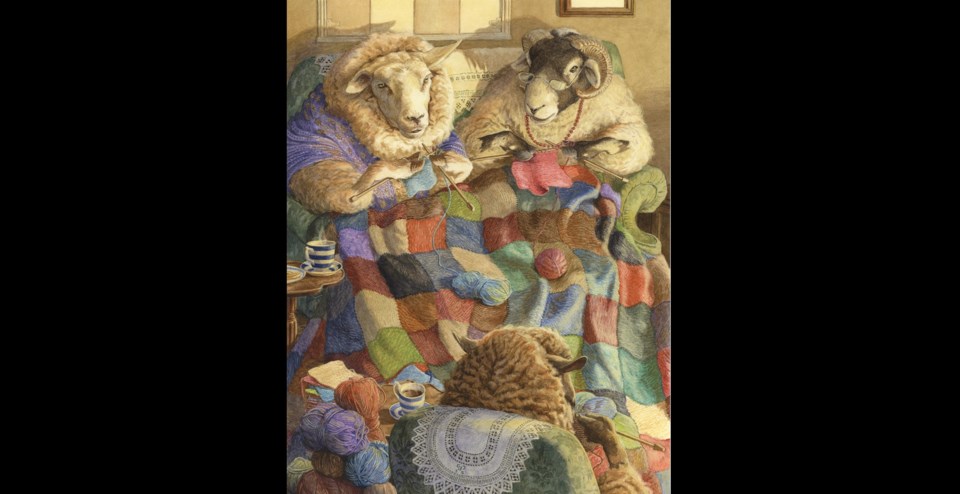There’s something oxymoronic about the way many of us lead our lives now. Technologies such as the internet, email, smartphones and social media were supposed to expand our world. They were extolled as the means by which we could all connect, with speed and ease. No one can deny the speed and ease with which it’s now possible to reach and be reached. The technologies have cut through many barriers. We can connect without coming together. We connect remotely. The result – we feel more disconnected than ever before, from one another, from society, from the world around us. Something vital has been drained from our lives.
Efforts are underway to restrict or even ban the use of some of the new technologies because it’s been discovered they can be addictive and controlling. For instance, schools around the world have started forbidding smartphones. And there are people who were committed to social media who now admit they would even pay for the “networks to disappear from existence."
So what can we do to fill the void that’s left when we’ve removed these problems from our lives? Think back in time. Ask yourself, “How on earth did we connect before the advent of smartphones and social media?” Those of us who are old enough will recall that we connected directly, in person. We didn’t have “friends” whom we “friended” on social media. We had companions. Etymologically a companion means someone with whom we break bread (from the Latin cum, with, and panis, bread). The Cambridge Dictionary defines companionship as “the enjoyment of spending time with other people.”
There are so many ways to revel in companionship. Remember board games? People have been playing them for thousands of years. The good news is that their popularity is once again on the rise. Book clubs, sometimes called reading clubs or reading circles, have also been around for a long time, though only for centuries, rather than millennia. Public libraries often sponsor such activities, but what’s to stop a group of friends from getting together and forming their own book club?
Handicrafts (a word that’s been in our language since about 1200) is another type of activity that invites companionship. In villages and small towns in southern Italy, I’d often see groups of women sitting in chairs outside a house, right on the street, engaged in lace-making. They chatted as their fingers threw the bobbins of thread around. Their laughing and gossiping were like a metronome that gave the beat for the pace of their work.
While lace-making requires special tools and skills and is more suited to the smaller hands of women, another handicraft, knitting, requires only knitting needles, no special skills and is practiced by both women and men (Vancouver Public Library has a book aimed at male knitters, Knitting With Balls, by Michael Del Vecchio, 2006).
Knitting is believed to have originated in the Middle East over 1,500 years ago. The Arabs introduced it to Spain, and by the fourteenth century, it had spread to the rest of Europe. The English verb to knit derives from the Old English word cnyttan, signifying to tie with a knot, to bind together. The term knitting to mean looping or knotting a continuous thread was documented by the 1520s. Some claim that the purl stitch, used to knit stockings, was invented in the sixteenth century by English knitters. King Henry VIII was the first British monarch to wear knitted stockings.
There’s evidence that knitting (along with crocheting) is a therapeutic activity. The regular rhythm of needles working the yarn reduces stress levels. It leads “to a sensation known as flow state.” Knitting in the company of others, we help one another by being there, in person. Knitting in the company of others, we not only create a tangible piece of work, we create companionship.
Sabine Eiche is a local writer and art historian with a PhD from Princeton University. She is passionately involved in preserving the environment and protecting nature. Her columns deal with a broad range of topics and often include the history (etymology) of words in order to shed extra light on the subject.
Got an opinion on this story or any others in Richmond? Send us a letter or email your thoughts or story tips to [email protected]. To stay updated on Richmond news, sign up for our daily headline newsletter. Words missing in article? Your adblocker might be preventing hyperlinked text from appearing.



